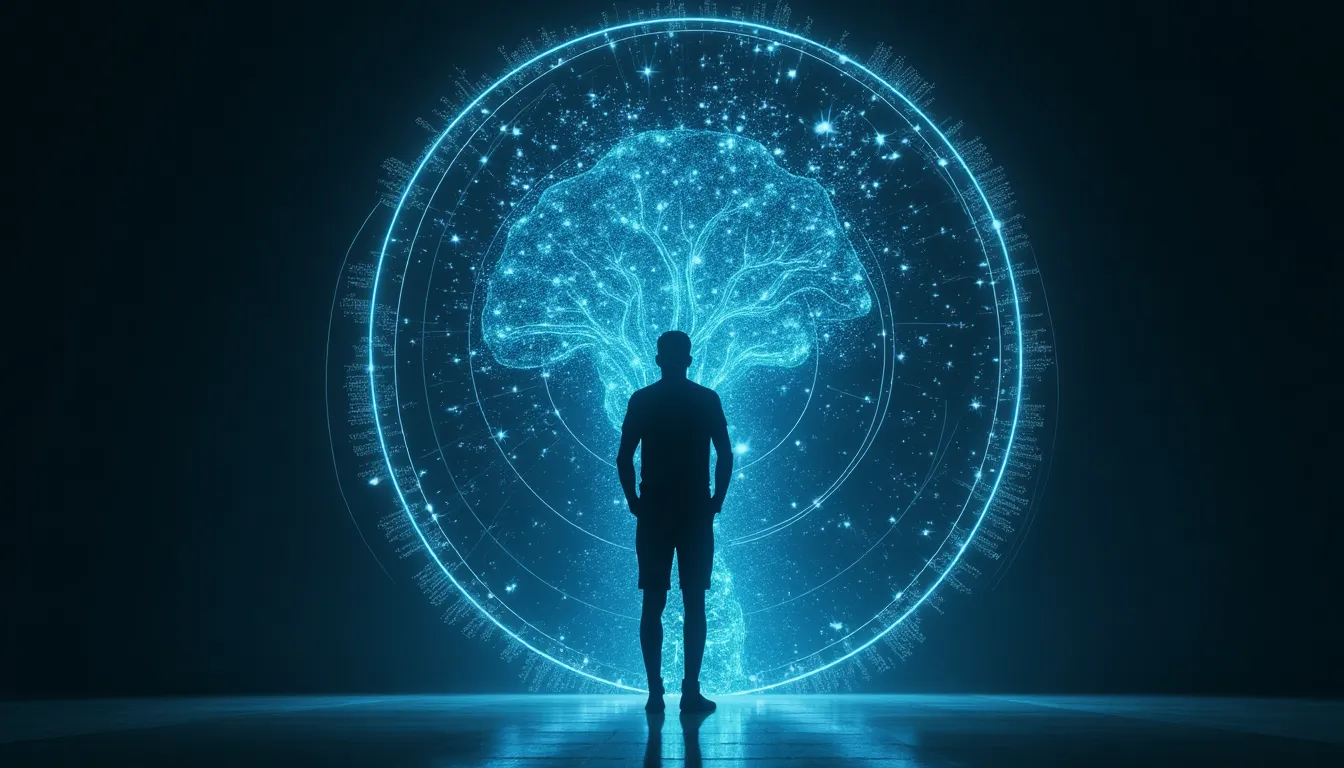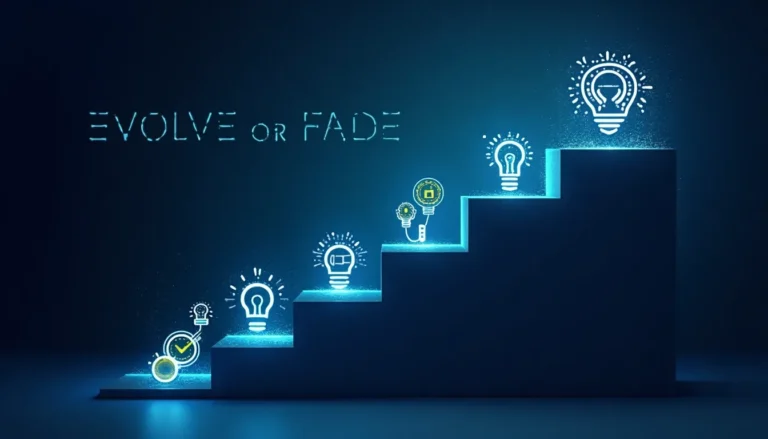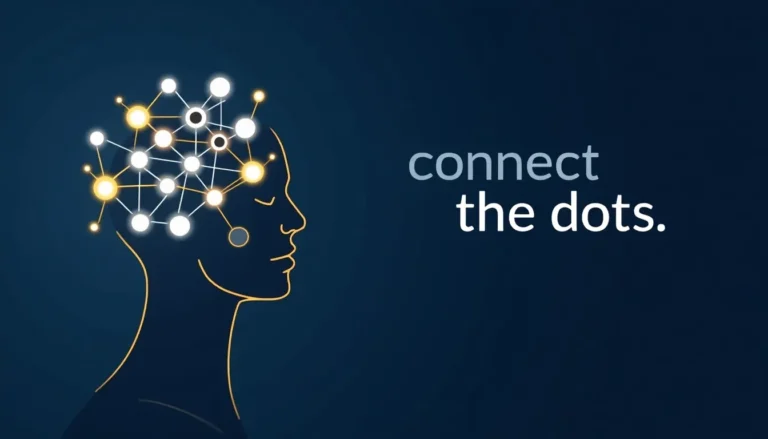Every AI interaction is a reflection.
When you prompt ChatGPT, instruct Midjourney, or speak to your digital assistant, you’re not just getting output – you’re seeing yourself.
Your questions reveal your curiosities.
Your instructions show your thought patterns.
Your reactions expose your biases.
Your frustrations highlight your expectations.
This mirror effect is profound.
Some see endless possibilities and lean in with enthusiasm. Others approach with trepidation, their prompts cautious and constrained.
Some demand perfection, growing frustrated when the AI doesn’t read their mind. Others embrace the iterative dance, finding joy in the back-and-forth refinement.
Some seek to dominate the tool, others to collaborate with it.
This isn’t just about AI – it’s about you.
Your interaction style with AI systems predicts how you’ll adapt to our AI-augmented future. It reveals your learning patterns, your comfort with ambiguity, your ability to articulate ideas.
Pay attention to your AI mirror.
What does it show you about yourself?
What patterns do you see?
What could you change?
The reflection might surprise you.
And in understanding it, you might just discover the key to mastering not just AI tools, but your own approach to learning and growth in this rapidly evolving digital age.



